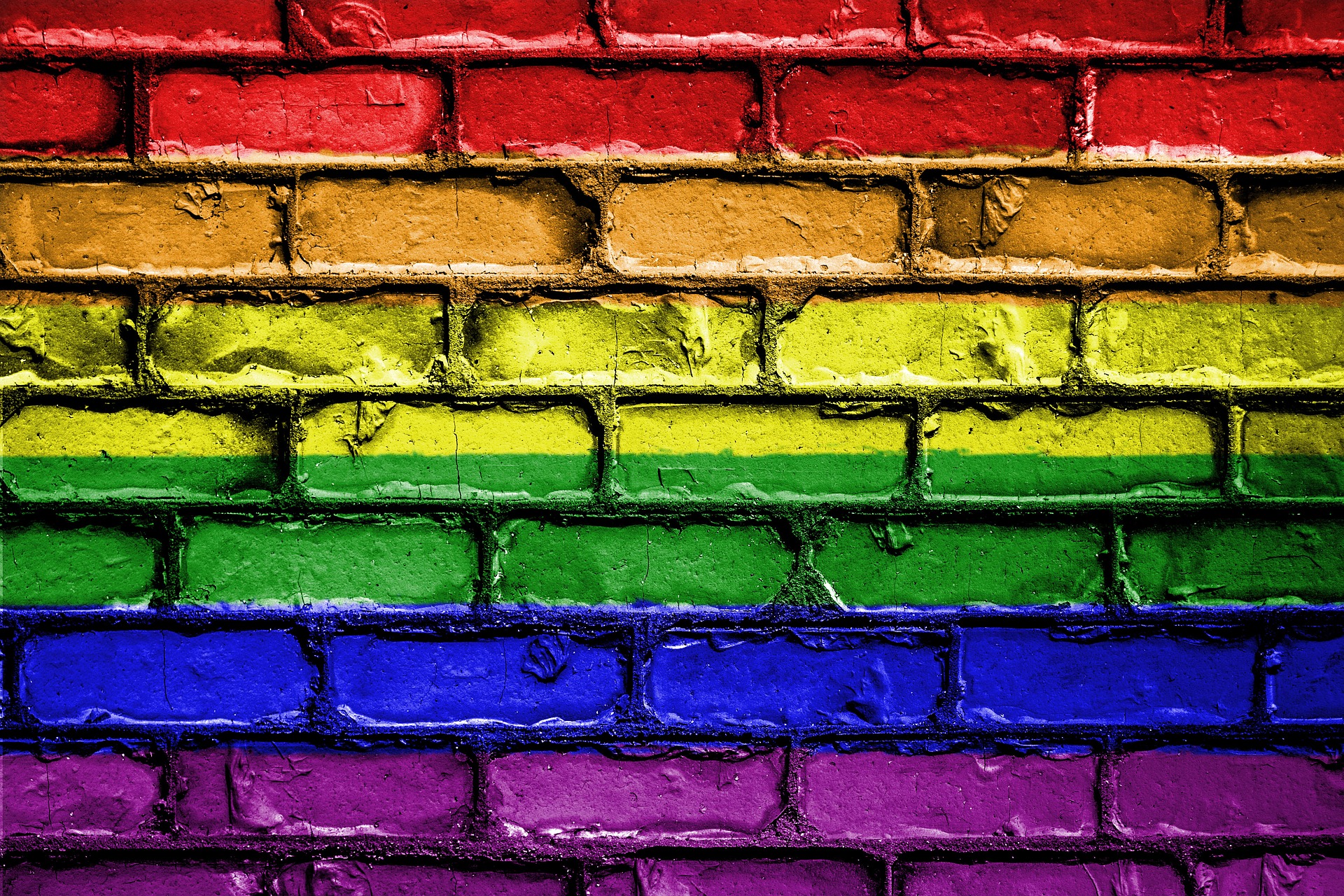
It’s interesting that Mental Health Day (October 10) and National Coming Out Day (October 11) nudge up against each other given they can be related. Coming out (or not) can deeply influence one’s mental health, and even after you’re out, stigma can be a problem in some layer of life. Family and friends may be fantastic, but a school or workplace might not. The Ontario branch of the Canadian Mental Health Association notes that freedom from discrimination is part of mental health, and “LGBTQ people experience stigma and discrimination across their life spans, and are targets of sexual and physical assault, harassment and hate crimes.”
The Canadian Human Rights Act protects against discrimination on the basis of sexual orientation and for discrimination based on gender identity or expression. Nevertheless, one doesn’t want to have to cite these protections after a difficult or life-threatening situation. Despite great gains for queer folks, we do still face challenges.
Beyond the awful anecdotes queer people can share, academic research supports the reality of stigma, violence and discrimination. A paper from the Annual Review of clinical Psychology titled Mental Health in Lesbian, Gay, Bisexual, and Transgender (LGBT) Youth (2016) recounted how LGBTQ2 youth struggle, and called for systemic changes to support their mental health. Most Transgender Youth in Canada Self-Harm, Consider Suicide, 2015 study findings say. Another article, LGBT Identity, Untreated Depression, and Unmet Need for Mental Health Services by Sexual Minority Women and Trans-Identified People (2017) reported higher rates of unmet need and untreated depression in trans and bisexual participants in the Ontario study. The American Psychological Association recognizes that aging LGBTQ populations “may disproportionately be affected by … mental health conditions due to a lifetime of unique stressors associated with being a minority, and may be more vulnerable to neglect and mistreatment in aging care facilities.”
Coming Out Day was established in the US in 1988 marking the anniversary of the 1987 March on Washington for Lesbian and Gay Rights and Mental Health Day was first recognized in 1992 by the World Federation for Mental Health. Being openly out and queer or being honest about mental health challenges; either can mean the brave soul speaking out could experience stigma. And yet people persevere, thankfully.
Queer people have always stepped up and challenged stigma. Many of us have rallied with the chant “We’re here; we’re queer; get USED TO IT!” In the early and devastating days of the HIV epidemic when people living with HIV were shunned and deserted, it fueled the need for gay men and lesbians to work together – listen to historian Lillian Faderman’s take on how HIV changed queer politics.
In turn, HIV activism led to the Denver Principles that stated that not only were people living with HIV not going to hide away because of stigma, PLHIV were going to insist they be central to healthcare decisions; insist on choices about experimental treatments; insist on participating in research conversations, providing valuable real-life perspective. This work has energized other areas of health activism, including substance use (Nothing About Us Without Us) and HCV (HCV Manifesto).
The role of coming out in the process of activism (personal or public) is an important step for anyone, and I appreciate that the day is still acknowledged as part of queer identity. Mental Health anti-stigma work is also gaining momentum; another great step in acknowledging people can have challenges but are worthy of support and respect, not stigma.
PAN wishes to acknowledge all the individuals and organizations in our community doing great work to fight stigma in all shapes- homophobia, AIDS phobia, discrimination against people with mental illness, and against those who use substances. Thank you for supporting each other saying no to stigma!
Learn More:
HIV/AIDS Legal Network: Fighting for health and social justice
Egale Canada Human Rights Trust: LGBTQ human rights
 Questions? Feedback? Get in touch!
Janet Madsen, Capacity Building and Knowledge Translation Coordinator,
[email protected]
Questions? Feedback? Get in touch!
Janet Madsen, Capacity Building and Knowledge Translation Coordinator,
[email protected]
